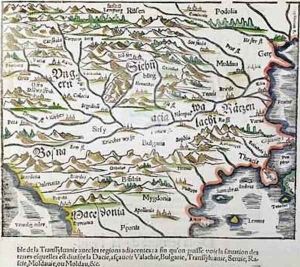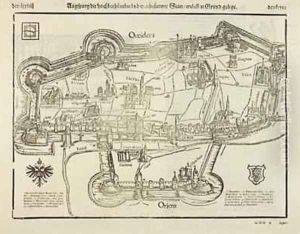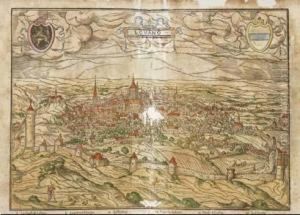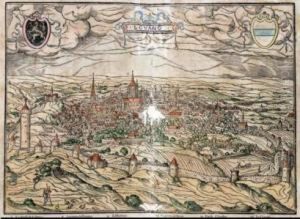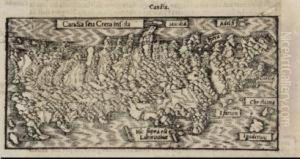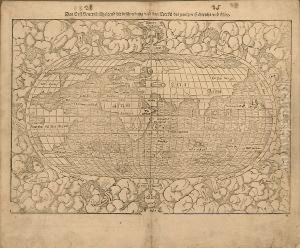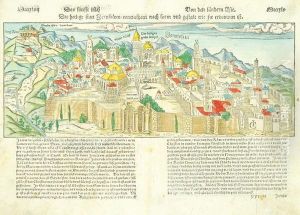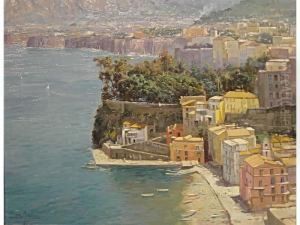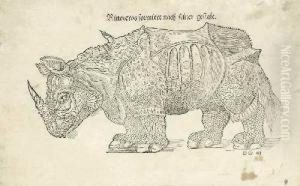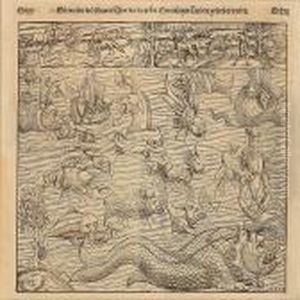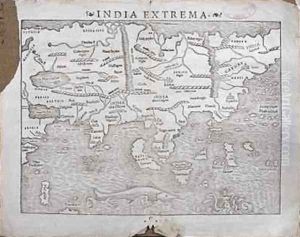Sebastian Munster Paintings
Sebastian Münster was a German cartographer, cosmographer, and a Christian Hebraist scholar who lived during the Renaissance period. Born on January 20, 1488, in Ingelheim near Mainz, Germany, Münster became one of the most influential cartographers of the 16th century. His work significantly contributed to the geographical and cultural understanding of the world during a time when European exploration was vastly expanding the known boundaries.
Münster initially joined the Franciscan order, where he developed a keen interest in Hebrew and the emerging field of cartography. His academic pursuits led him to the University of Heidelberg and subsequently to the University of Tübingen, where he studied Hebrew with notable scholars of the time. Münster's proficiency in Hebrew allowed him to translate the Old Testament into Latin, a significant accomplishment that contributed to his reputation.
However, Münster is best known for his cosmographical work, the 'Cosmographia Universalis,' first published in 1544. This monumental work was one of the first attempts to describe the entire world in a comprehensive volume, compiling descriptions of lands, peoples, creatures, and phenomena from various sources, including firsthand accounts from explorers. The 'Cosmographia' was richly illustrated with maps, city views, and depictions of exotic animals, making it an immensely popular and influential book. It went through numerous editions and was translated into several languages.
Münster's maps, including his famous map of the New World, were among the earliest to include the name 'America' and provided one of the most accurate representations of the world at the time. His inclusion of new geographical discoveries and his efforts to update and correct his maps with each new edition of the 'Cosmographia' demonstrated Münster's commitment to accuracy and his understanding of the importance of reliable geographical information.
Throughout his career, Münster corresponded with scholars and explorers, collecting data for his works. His contributions to cartography and cosmography laid the groundwork for future generations of mapmakers and explorers. Sebastian Münster passed away on May 26, 1552, in Basel, Switzerland, leaving behind a legacy that marked a significant step forward in the mapping of the world and the dissemination of geographical knowledge during the Renaissance.
